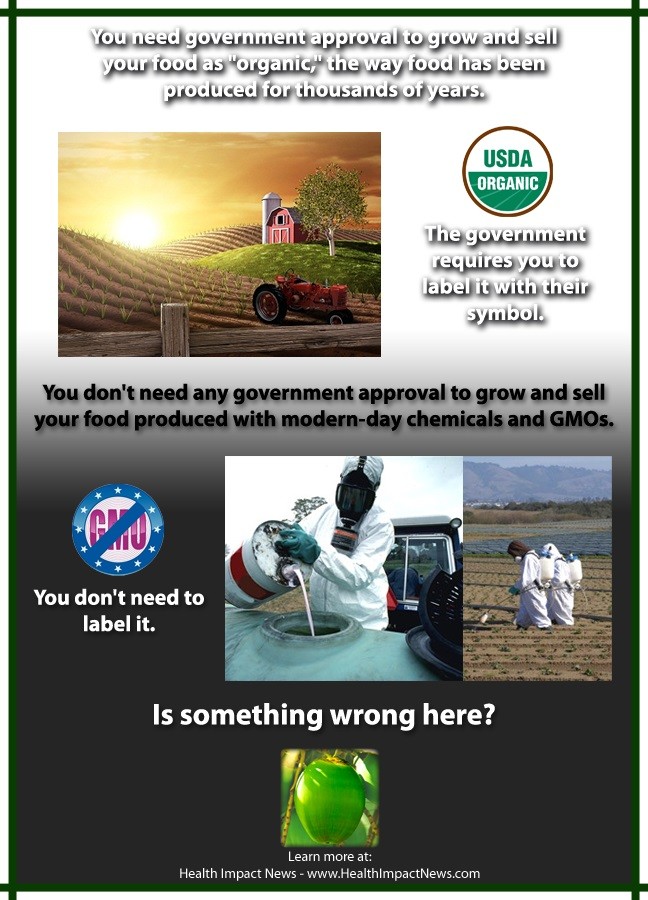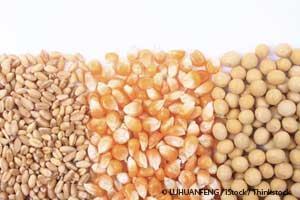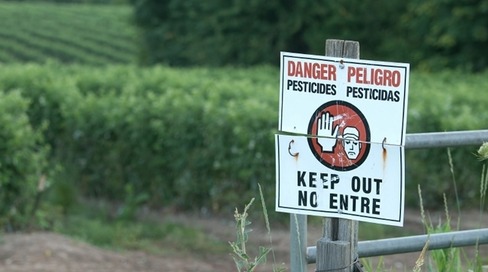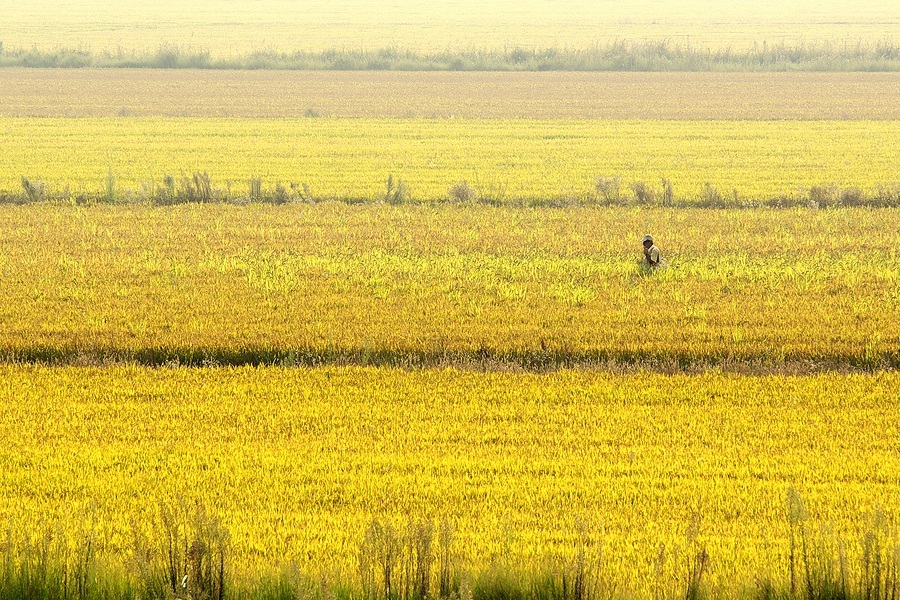Oregon wants to Map GMO Farms, but Biotech Companies Refuse to Reveal Locations of GMO Fields
Kristina Bravo of Takepart.com is reporting that the State of Oregon is trying to take action to map GMO fields to protect their non-GMO and organic industry. Oregon has been hit especially hard in this area, as an Oregon farmer last year found an unapproved GMO variety of wheat growing in his field. This immediately resulted in several countries around the world that import U.S. wheat putting a halt on U.S. shipments due to their total ban on GMO wheat, hurting the export market for non-GMO wheat, such as the varieties grown in Oregon and Washington. Most of the world market has restrictions or out right bans on GMO products. Gov. John Kitzhaber is directing the State’s agriculture department to chart where genetically modified crops are grown, so non-GMO farmers can plan accordingly and seek to minimize the damage from cross contamination. However, producers of GMO seeds such as Monsanto and Syngenta do not publicly disclose their field locations. These companies repeat the USDA assertion that GMO farmers and non-GMO farmers can "co-exist" and that mapping is not necessary. Polls show that an overwhelming majority of American consumers want GMO products labeled, and producers of GMO products fully understand that if their products are labeled as GMO in the market place, consumers will not buy them. In addition, most of the rest of the world will not import them. Apparently the U.S. Government and the Biotech industry have taken it upon themselves to decide what is best for America and the rest of the world, and have no qualms with polluting the entire U.S. agricultural system with their genetically modified products.













